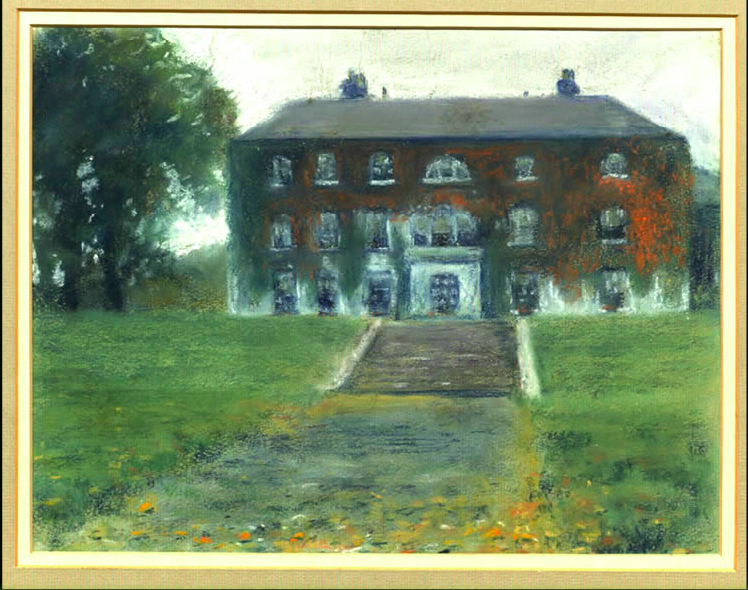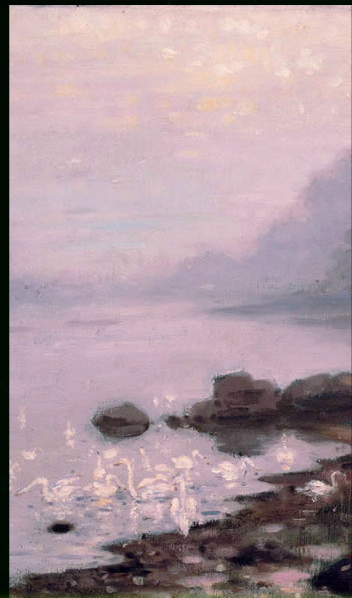This week, I found Yeats’ poems to be extremely interesting. And I thought “The Wild Swans at Coole” was especially fascinating. Much of Yeats’ poetry focuses on the concept of aging, questions surrounding mortality, and the fears regarding the deteriorating mind. He seems to view these as even more than just themes, but rather insatiable obsessions. In “The Wild Swans at Coole,” the speaker reflects on his past visits to Coole, marveling at the trees and their “autumn beauty,” the “woodland paths,” and the “beautiful creatures” along the shore. The speaker seems transfixed by the swans and the youthful wonder they exude. He seems to be contrasting his painful views on aging with the immortal beauty of the swans. Unlike the speaker, the swans appear almost unfazed by the inevitably of the passage of time. More broadly, the poem is a lament for Ireland’s involvement in WWI. The swans themselves represent a more naive depiction of the country, before the nation was forced into battle.
There is so much to analyze in this poem alone, so I loved seeing the exhibits dedicated to it at the National Library of Ireland’s Online Exhibition. As I navigated my way through the rooms, I stumbled upon the painting of Coole Park where I learned more about Lady Gregory’s estate where Yeats paid many visits. It was remarkable to be able to witness the setting of one of my favorite Yeats poems. Next I viewed a painting of the swans at Coole which immediately radiated the same glowing image of youth that Yeats describes in his poem. For a brief moment, I felt like I had traveled back in time and was looking at these swans the way Yeats would have. It made the poetry come to life.


The final exhibit I viewed during my visit was entitled “Growing Old.” The description said, “As WBY drew near to his 70th birthday he felt an inner vigour, despite a lack of good health.” At the top of the exhibit lies a quote from Yeats himself. It says, “What shall I do with this absurdity… Decrepit age?” It’s obvious that the poet had a complicated relationship with aging, and perhaps even a fear surrounding death. But as he aged, he continued writing incredible poetry with even more incredible passion. And I think that’s something worth noting.

